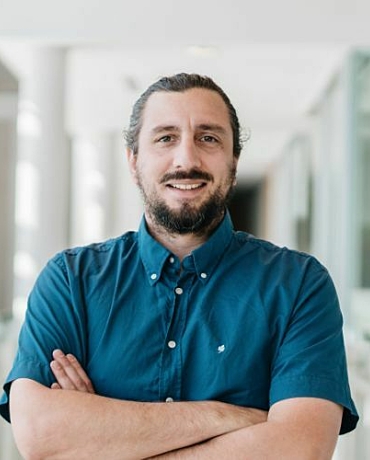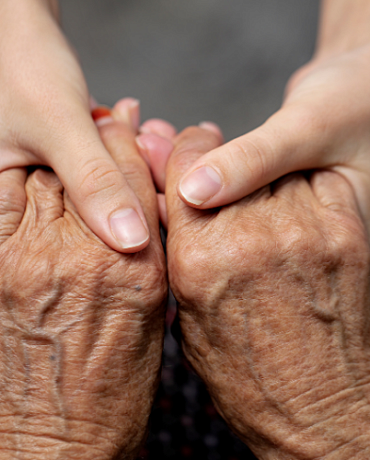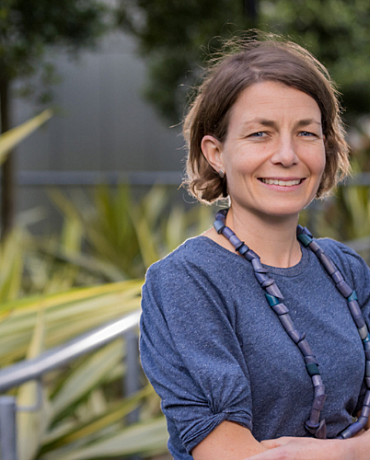Some 35 years after he began advocating for the human rights of people with mental health issues, Professor Brian Burdekin AO isn’t about to stop making the case for more progress as loudly as possible.
Nominated by NeuRA CEO Professor Matthew Kiernan AM, Professor Burdekin has been awarded the prestigious Australian Mental Health Prize at UNSW Sydney for decades of work that began as Australia’s first Federal Human Rights Commissioner, including a landmark, three-year national enquiry into Human Rights and Mental Illness from 1990.
But while the prize is a chance for Professor Burdekin to reflect on the progress that has been made, it also gives him a chance to deplore the “systemic and systematic discrimination affecting people with mental illness” he can see persists.
As part of that national enquiry, Professor Burdekin heard for two years what he calls “horrific evidence” of widespread human rights violations against people suffering from mental illness in every state and territory.
As a result the Australian government for the first time adopted a National Mental Health Policy, and Professor Burdekin – as adviser to the first three UN High Commissioners on Human Rights — was later instrumental in having people with psychiatric disabilities included in the United Nations Convention on the Rights of Persons with Disabilities.
“Australia ratified this international Treaty in 2008 and it was a major influence on our National Disability Insurance Scheme which was legislated in 2013,” Professor Burdekin says.
“But there is still an enormous amount of work to do – in Australia, and virtually every other country I have worked in, there is an inexcusable and very substantial gap between resources allocated for physical health and resources allocated for mental health.
“The World Health Organisation has done a lot of work on this and generally there should be at least 14% of the national health budget allocated to mental health. In Australia it is only approximately 7%!
“That inexcusable disparity is, from a human rights perspective, both systemic and systematic discrimination affecting people with mental illness.”
For Professor Kiernan, the motive behind nominating Professor Burdekin for the award was to shine a light on his decades of advocacy.
“Brian has proven to be a visionary, who took a principled stand in demanding human rights for those suffering from mental illnesses of all kinds,” he said.
“It was vital for the community – by highlighting, for instance, how many people who are homeless suffer from a mental health condition, he created the circumstances for governments to act.
“It was because of his perseverance that we have asked as a society how we can treat those conditions with compassion.”
Professor Burdekin’s impact both in Australia and with the UN led to him being asked to help establish independent national human rights commissions in nearly 70 countries in Asia, Africa, Central and Eastern Europe and Latin America. That convinced him of the need to translate well-meaning theoretical treaties into hard action – something he believes is also true of scientific research.
“I have enormous respect for Matthew Kiernan as he is both an eminent researcher and hands-on clinician,” Professor Burdekin says.
“I have been extremely fortunate to spend the last 50 years as a barrister, diplomat, advisor to our political leaders, human rights commissioner, international advisor on human rights to the UN and to many countries and national human rights commissions, and in more recent years as a professor teaching human rights.
“The fact is that human rights in international treaties are absolutely useless unless they are actually implemented – and many countries, including Australia, have sometimes treated such treaties as optional extras. They are not!
“Eminent medical research, in my respectful view, is also useless unless that research has practical results for people with medical challenges.
“What Professor Kiernan has done, including his previous work at the Brain and Mind Centre and now heading up NeuRA, [is] teaching many young doctors and researchers to effectively develop and then apply their skills as professionals.”
Professor Burdekin was unable to accept the award in person due to a previous commitment overseas, but asked Rob Ramjan AM, Chair of Psychosis Australia, to accept it on his behalf.
“There had been many Royal Commissions, government inquiries and reports prior to Brian’s report on mental illness,” said Mr Ramjan.
“What made his a landmark report and still has incredible power today was that his inquiry was the first to actually listen to and pay attention to the voice of lived experience. This is now enshrined in government policy and government funded research beyond mental illness.”



